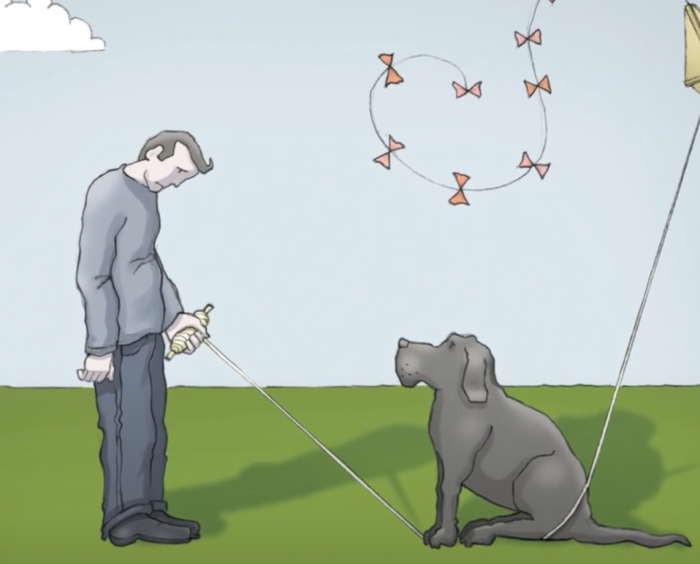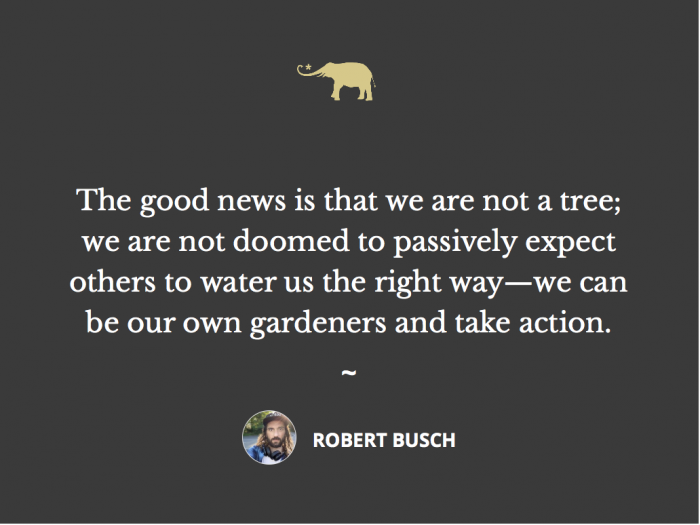How do we stop anxiety, anger, and sadness from harming our relationships with ourselves and others?
Lately, I had been struggling with keeping myself together. My daily life became a stressful mix of anxiety, anger, and sadness. It might sound weird, but I am thankful that this is not the first time.
Most of us heard the advice that we can’t pour from an empty cup; I would like to add: we shouldn’t pour from a cup that is full of negative emotions.
I am not saying that we shouldn’t share our genuine feelings: I am suggesting that we shouldn’t wait for our cup of anger to spill over.
I had been in therapy for three years because of clinical depression. Today, I wouldn’t say that I am healed from my depression, but I have found better ways of dealing with it. Being a person with depression feels like being an alcoholic to me; there are episodes in my life when I am clean—and there are times when I relapse into this dark hole.
After dealing with this all my life, I am fully aware that I will always run the risk of falling back down—and, in my experience, depression is contagious. Not contagious like COVID-19, more like the temptation an alcoholic experiences when seeing his friends drinking.
An alcoholic knows that drinking is going to make him feel worse the next day. I know that giving into my depression puts me into a tunnel, but for the alcoholic and me, these are our comfort zones. We have been there, and it feels like home to either get wasted, cry at home, or do both at the same time.
But how do we stop ourselves from crawling into these rabbit holes of self-destruction?
In my experience, depression always hits the hardest when I feel lonely—or, to be more specific: unheard. The biggest gift we can give to another person is hearing them, and sometimes nobody offers us that gift, which often leads me to feel either anxious, angry, or sad. The same thing happens if we decide not to share our honest feelings with others and pretend that everything is cool.
Let’s imagine that we are a tree: the tree itself is what is visible above the surface (anxiety, anger, and sadness), but the roots are hidden underneath the ground. Most people in our lives have no idea what our roots look like, but they are the ones watering them.
The good news is that we are not a tree; we are not doomed to passively expect others to water us the right way—we can be our own gardeners and take action.
But what creates these feelings of anxiety, anger, and sadness? Here is what I have found out recently:
Anxiety
The longer I don’t share my concerns with others, the more anxious I feel. Most of the time, my anxiety arises from not speaking up and avoiding uncomfortable conversations and tasks.
Anger
The more I feel that something is stopping me from doing my best, the angrier I get. When I feel attacked for no reason and feel a lack of support, I start telling myself a story about how nice everything could be and get angry at the ones who I find guilty of causing that to happen.
Sadness
Sometimes things just do not work out. Trying hard (unfortunately) doesn’t automatically mean that we will succeed. Once I start telling myself a story with me as the main character who is a loser, my sadness reaches all-time highs.
I am sure that I am not the only one going through these feelings, but I have to admit that as a person who is suffering from depression, my ability to cope with these challenges is pretty limited. I didn’t choose to be like that, but I can make choices to deal with it—I am not a tree.
That’s when the problem with self-help kicks in; the more we tell ourselves stories about ourselves, the deeper we dive into that rabbit hole of depression. What really helps me is sharing my feelings with others before it is too late—before my cup is full of cranky emotions.
The other day, I was talking to a friend and ended up ranting about everyone and everything. After that conversation, I felt sorry for the other person and told myself, “I should have done that far earlier.” I was basically dumping my dammed-up emotions onto the other person, but while doing that, I realized that none of the people who caused my suffering intended any of that—they were just dealing with their own struggles.
My point is that we have to deal with each of these feelings before they become overwhelming—before the cup is full and before we become blind to the fact that we have created these feelings ourselves.
As long as my cup is full of self-pity, I am not only not able to pour from an empty cup, even worse: I unknowingly keep spilling the cup of negativity onto everyone around me and myself.
Especially during a year of lockdowns, many of us were lonely and mainly relied on the stories we kept telling ourselves in our own mind—it’s time to stop watering ourselves with self-created toxicity.
It’s time to get out there (at a safe distance if necessary in your area) and start connecting with others.
Ask them how they feel, share your story, and (most probably) notice that you are not alone with these feelings. Often a problem doesn’t even have to get solved to make us feel better—having someone listening can often be just what we need to let go of something that has been bothering us for a long time. A simple “Yeah, I feel you on that” can already make us feel a lot better about ourselves.
Taking better care of ourselves and talking with others won’t always solve our struggles with depression—I am fully aware of that—but if we don’t even try, the black dog called depression will come for us.
 Share on bsky
Share on bsky







Read 8 comments and reply